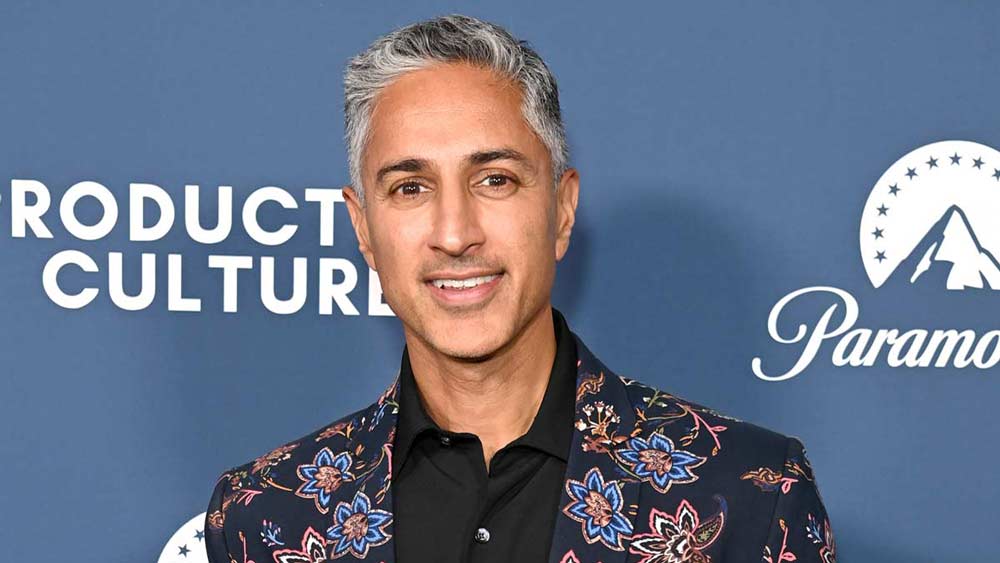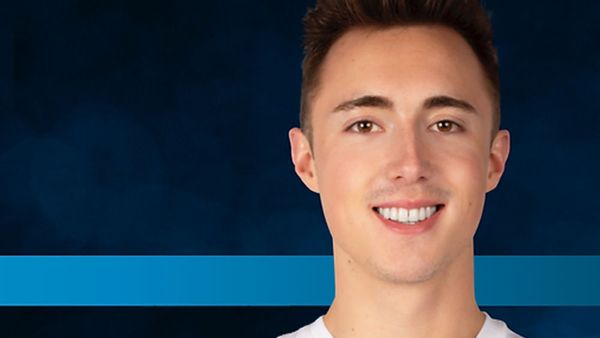February 16, 2011
ACLU, Yale Law School Work to Lift 'Gay' Ban on School Browsers
Kilian Melloy READ TIME: 3 MIN.
Schools whose web filters deny students access to online content about GLBT resources and advocacy might soon hear from the American Civil Liberties Union.
The ACLU and Yale Law School have joined forces to create the "Don't Filter Me" program, in order "to assess censorship of web content in public high schools," according to a Feb. 15 ACLU press release.
"The campaign asks students to check to see if web content geared toward the lesbian, gay, bisexual and transgender (LGBT) communities--a frequent target of censorship in schools--is blocked by their schools' web browsers. Students can report instances of censorship to the ACLU LGBT Project," the release says.
"Students may not realize that it actually is illegal for their schools to block educational and political content geared toward the LGBT community," ACLU staff attorney Joshua Block said. "With this initiative, we hope to inform students of their rights, and let them know there is something they can do if their school is engaging in censorship."
"Programs that block all LGBT content violate First Amendment rights to free speech, as well as the Equal Access Act, which requires equal access to school resources for all extracurricular clubs, including gay-straight alliances and LGBT support groups," the release noted. "Some schools have improperly configured their web filters to block access to websites for LGBT rights organizations such as the GSA Network and the Gay, Lesbian and Straight Education Network, but allow access to sites that condemn homosexuality or urge LGBT people to try to change their sexual orientation, such as People Can Change.
"Some schools have also improperly configured their web filters to block news items pertaining to issues like 'Don't Ask, Don't Tell' and deny access to support groups that could be vital for troubled LGBT youth who either don't have access to the Internet at home, or do not feel safe accessing such information on their home computers," continued the release.
"Schools harm students by denying them vital information," said Block, who is with the ACLU's LGBT Project. "Schools not only have a legal duty to allow students access to these sites, it is also imperative that LGBT youth who are experiencing discrimination and bullying be able to access this information for their own safety."
The ACLU has an online form where students can report illegal denial of access to appropriate online resources. The new program is part of the ACLU's work to promote safer schools and counter LGBT harassment and bullying.
The matter of schools denying students access to appropriate information on GLBT issues has been a recurring one. A 2009 Examiner article reported that two Tennessee school districts were forced by an ACLU lawsuit to restore access to sites that offered appropriate resources to LGBT youth. The schools did not block sites that purported to help gays and lesbians "convert" to heterosexuality.
"All we ever wanted was to be able to get information out about LGBT issues, like what our legal rights are or what scholarships are available for LGBT students, so I'm really happy that the schools are finally making our web access fair and balanced," said Bryanna Shelton, one of the students involved in the case. "These web sites were never something dirty or inappropriate in any way and shouldn't ever have been treated like they were."
The use of filters in attempts to prevent access to sites relevant to GLBT issues and news or to scrub words deemed offensive, such as "gay," sometimes has unintended results. In one incident, a filter used by a religious website, OneNewsNow, which is affiliated with anti-gay group the American Family Association, changed the name of 2007 Male World Athlete of the Year Tyson Gay to "Tyson Homosexual" when an Associated Press article about Gay appeared at the site.
Such unintentional blockage of content is called a "Scunthorpe Problem," according to a Wikipedia article on the phenomenon. The article referenced incidents in which users had problems with filters due to words such as shiitake mushrooms, the name Cockburn, and even the word "specialist" (in which a filter detected the word "cialis").
An article on filters at NetSafeKids takes into consideration another unintended consequence of using filters. "The use of filters doesn't allow children, including older adolescents, the opportunity to develop their own decision-making skills, which are what children rely on when they surf away from home," the site warns.
Kilian Melloy serves as EDGE Media Network's Associate Arts Editor and Staff Contributor. His professional memberships include the National Lesbian & Gay Journalists Association, the Boston Online Film Critics Association, The Gay and Lesbian Entertainment Critics Association, and the Boston Theater Critics Association's Elliot Norton Awards Committee.






